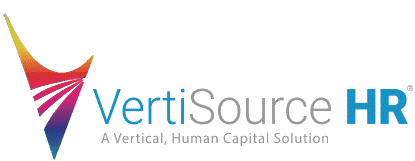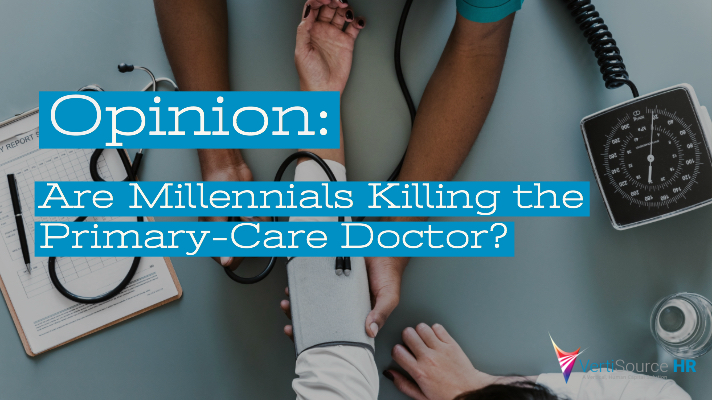You have probably noticed the many accusations towards millennials on the internet, how they are ruining traditional aspects of society and killing our culture. Everything from car ownership, marriage, home ownership, beer, wine and vacations. As the nation’s largest generation, 83 million Americans born between 1981 and 1996, millennials are known for their preference for convenience, fast service, connectivity and price transparency. As a millennial myself, I can attest to finding extreme value in these things. The most recent topic of millennial murder is something that I can speak to as well: the decline of the primary care doctor.
According to a Kaiser Family Foundation (KFF) survey and follow up analysis by Kaiser Health News, it was discovered that “26% of 1,200 respondents said they didn’t have a go-to primary care physician.” Upon further analysis, the survey found a generational shift “ nearly half (45%) of 18-to-29 year olds said they didn’t have a primary care doctor.” Now, this could be a way of thinking, that the older you get the more likely you will need a doctor in your life. But it could also be a result of swift changing tides in the culture.
Millennials have been found to be typically healthier when compared to older age groups. Because millennials are focused on eating right, exercising regularly and taking care of our mental health, we might not think we need a doctor to keep us healthy. I, personally, do have a primary care doctor but that is only because I need to have one for insurance purposes. I can’t tell you the last time I visited him. I’m not the type to run to the doctor at the first sign of a cold so that may be why me and my primary aren’t very familiar. If I’m being honest, if I feel like there’s something wrong with me that I’m not quite sure about, I google it and figure it out for myself. And I am not alone. With the amount of fitness, meditation, nutrition and wellness apps, Youtube videos and blogs at our fingertips, it makes it easier than ever to track our fitness and overall health. I personally have acquired most of my fitness and nutrition knowledge of my research, not by asking a doctor.
Many millennials are also turning to a number of fast-growing alternatives such as retail clinics inside drugstores or big box retail outlets, free-standing urgent care centers that have evening and weekend hours, and online telemedicine sites that offer virtual visits without having to leave home. According to the Chicago Tribune, this could be because “ unlike doctors’ offices, where charges are often opaque and disclosed only after services are rendered, many clinics and telemedicine sites post their price.” Transparency and honesty is extremely important to millennials so this idea makes sense. Also the idea of waiting for such a long period of time in a traditional doctors office setting is borderlining archaic with the access to quick and efficient urgent clinics.
We millennials are also more likely to see a specialist directly instead of starting with a primary care doctor. Technology has made it easier to get a specialist referral through email or telemedicine.
Of course, this does not apply for serious matters. One of the controversies around millennials rejecting primary care doctors is the mistreatment of illness. According to another study, this one by JAMA Internal Medicine, found “ that nearly half of patients who sought treatment at an urgent care clinic for a cold, the flu or a similar respiratory ailment left with an unnecessary and potentially harmful prescription for antibiotics, compared with 17 percent of those seen in a doctor’s office.” Antibiotics are useless against viruses and may expose patients to severe side effects with just a single dose. Walk in clinics also don’t offer holistic care options or knowledgeable referrals to specialists to help patients decide how they want to process with surgery, for example.
For those that are fearing, right now, for the safety of my generation, don’t worry. To encourage more millennials to take an active role in our health, Blue Cross Blue Shield of North Carolina, for example, is trying to meet us where we are at. Their Blue Connect patient portal gives customers direct access to their insurance plans and benefit information including research cost and quality information before scheduling a treatment/procedure and selecting a doctor. “The portal can also help us find a doctor nearby who is in network for our insurance plans.” Most insurance companies are following suit, stepping into the digital world so customers can find everything they need to know about their health care, directly from their phones.
I am curious if this has made a decent impact on millennials rejecting primary care. Many are asking what the long term effect will be on the health care insurance if this trend continues through the generations. I think that like the insurance companies, the medical industry will comply to the will of the people and hopefully make healthcare more affordable and accessible. We shall see.


